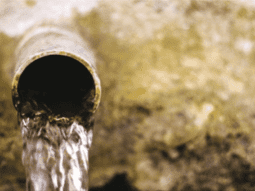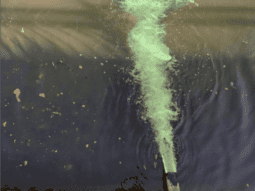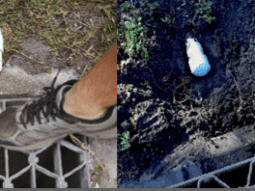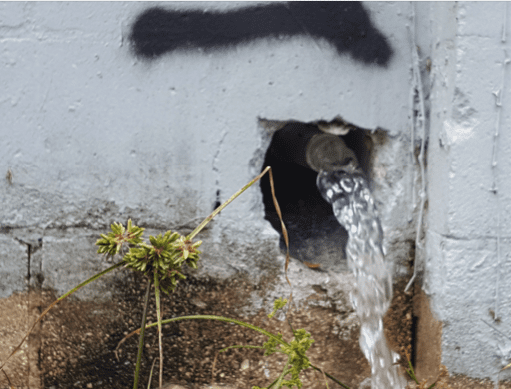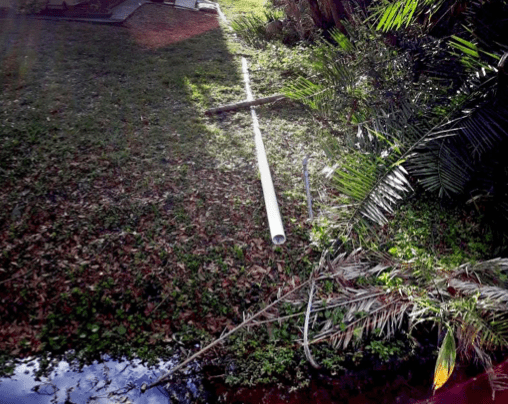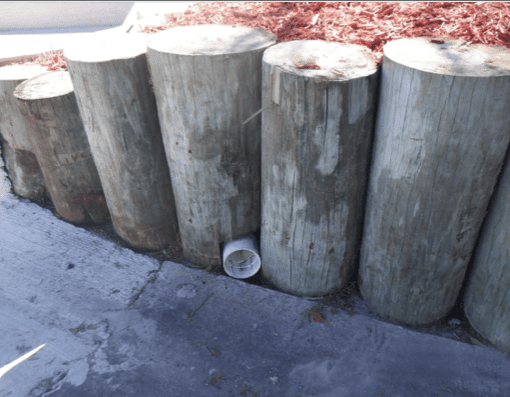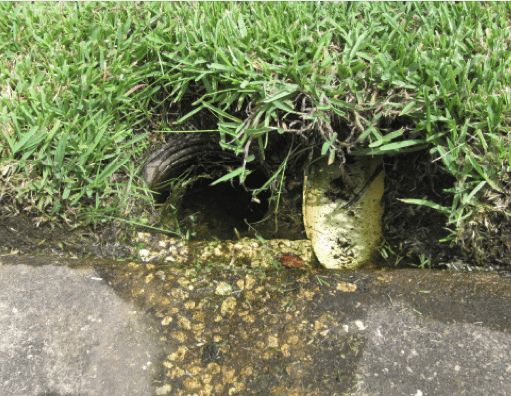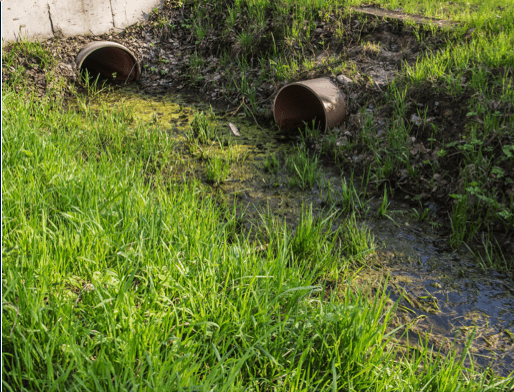Prevent Prohibited Drainage Connections
What Is A Prohibited Connection?
A prohibited connection is any direct or indirect connection to the storm drainage system that results in a water quality violation. This includes connections from roof drains, water softeners, kitchen drains, bathroom drains, dishwashers and chlorinated pool water that could result in a violation of water quality standards.
Specifics are covered in the Pinellas County Code of Ordinances, Article VI, Stormwater and Surface Water Pollution, Section 58.
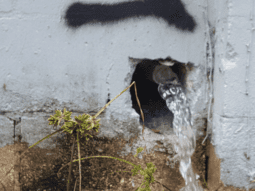
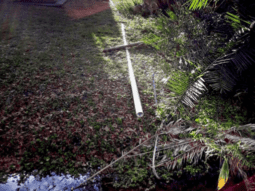
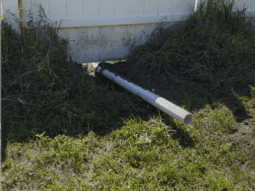
Pool Discharges
- Before draining your pool, allow the water to stand for at least 48 hours to dissipate chlorine levels to 0.01 mg/L or less.
- Be aware of any additional chemicals that you may have added, and adhere to the 48-hour stand time before discharging.
- Be sure that the pH of the water discharging is between 6.5 and 8.5 and that the water is clear and free of solids.
- Direct the discharge over a vegetated surface so that some level of filtration can occur. The County recommends a 12-foot vegetated buffer between the end of the pipe and County right-of-way.
- Do not discharge over an area that was recently treated with herbicides or pesticides.
Roof Drains
- Runoff from roof drains should be routed over vegetated areas to allow for ground infiltration before entering the storm drainage system.
- Stormwater that collects and drains from the roof has the ability to pick up chemicals from roofing materials, along with nutrients and bacteria from bird waste, that negatively impact surface waters.
- The County recommends a 12-foot vegetated buffer between point of discharge and County right-of-way.
Clean Water Only
Per Florida Building Code, household wastewater of any type (including greywater) must be discharged to the sanitary system. This includes water from sinks, tubs, toilets, water softeners, dishwashers, washing machines and floor drains.
Household wastewater that does not contain human waste is referred to as greywater. This type of wastewater may still contain soaps, oil and organic matter, which will impact waterbodies if not treated before discharge.
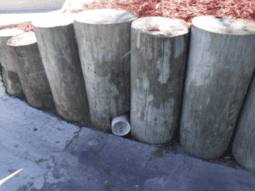
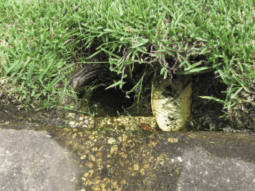
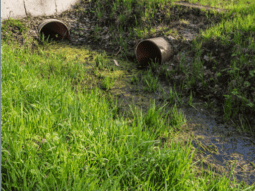
Identify and Report Prohibited Connections
How To Identify An Illicit Connection
Look for pipes that protrude from the front or back of a property that is discharging directly into the right-of-way or storm drainage system.
What is the quality of the water coming from the pipe? Is it discolored or does it have an oily sheen? Is there an odor coming from the point of discharge? If so, this may be a sign of an illicit connection to the County storm drainage system.
How To Identify Illegal Dumping
Residue around and on top of a storm drain inlet cover or grate may indicate that illegal dumping has occurred.
Report to Pinellas County Environmental Management
Pinellas County law prohibits the dumping of any waste, including chemicals, oil, sewage, trash and yard waste, into the County storm drainage system.
For more information on what you can do to keep our waterways clean, or to report a prohibited connection, call the Environmental Management Hotline at (727) 464-4425 or email watershed@pinellas.gov.
